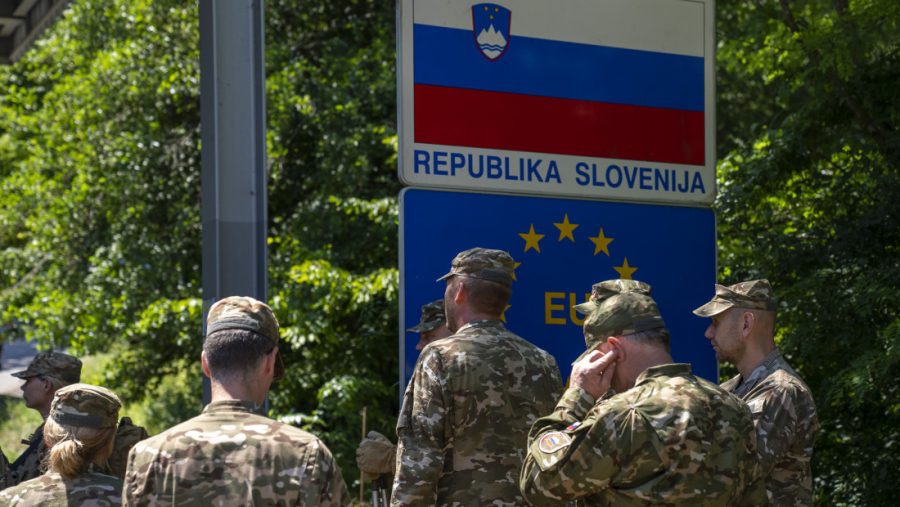Slovenia will extend temporary border controls with Croatia and Hungary until December 21, citing heightened terrorism threats and broader regional instability, the government announced on Friday.
The measures, originally introduced in October 2023, are aimed at addressing growing security risks stemming from geopolitical tensions in the Middle East, the war in Ukraine, and instability in the Western Balkans, Interior Minister Boštjan Poklukar said.
“The level of terrorist threat remains high across several EU member states,” Poklukar noted, adding that the border checks are not expected to disrupt summer travel or tourism.
The decision mirrors similar actions taken by other Schengen Zone countries. Italy first reinstated controls on its border with Slovenia in response to rising security concerns, prompting Ljubljana to introduce reciprocal measures on October 21, 2023. Both countries have since repeatedly extended the controls.
Slovenian police reported 5,781 illegal border crossings in the first four months of 2025, a decrease of nearly 60% compared to the same period last year, when 13,573 cases were recorded. Most of the individuals involved were citizens of Afghanistan, Bangladesh, and Morocco.
Besides Slovenia and Italy, several other Schengen countries – including Austria, Germany, Denmark, France, Norway, and Sweden – have temporarily reinstated internal border checks in response to migration and security threats.
In parallel efforts to enhance border security, trilateral police patrols involving officers from Slovenia, Croatia, and Italy began operating this week along the Croatian-Bosnian border to prevent illegal migration and identify potential threats.



